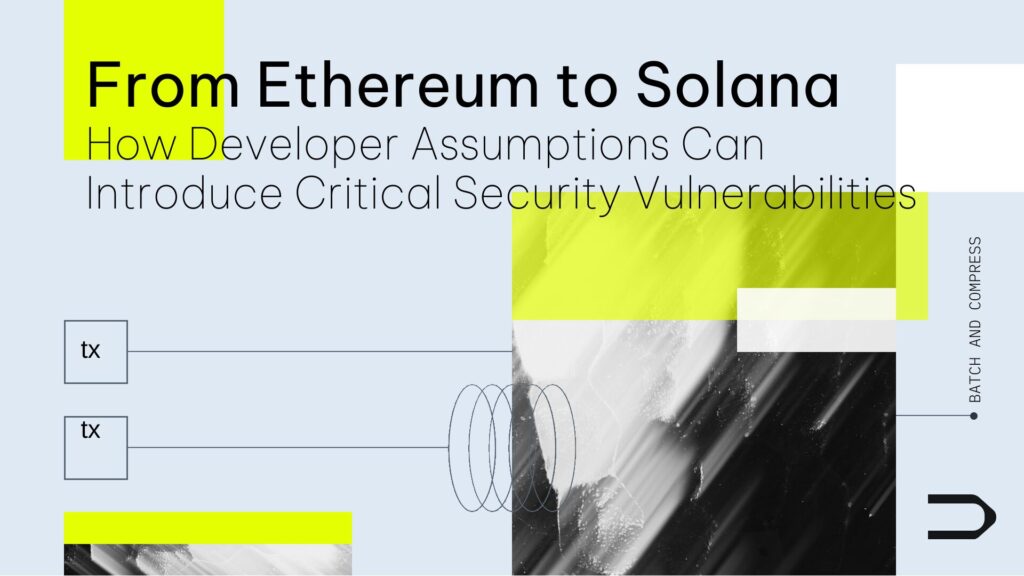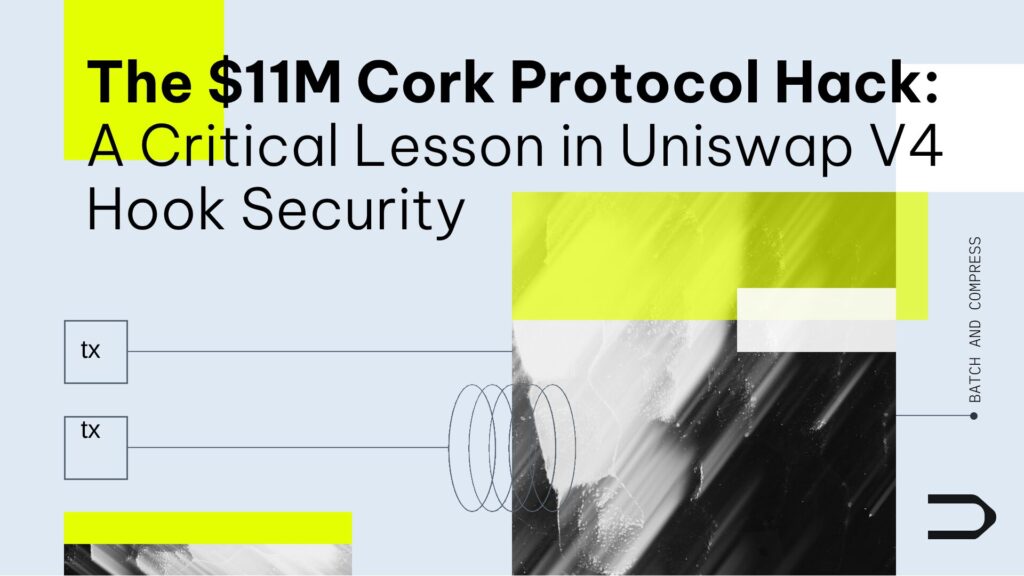Common Solidity Security Vulnerabilities
Understanding and Mitigating Solidity Security Vulnerabilities
Solidity Security Vulnerabilities are critical concerns for developers building smart contracts on the Ethereum blockchain and other EVM-compatible platforms. Solidity is the primary language for creating smart contracts on the Ethereum blockchain and other EVM-compatible platforms. It enables developers to build decentralized applications (DApps) that automate complex processes. However, blockchains’ immutability and decentralized nature make vulnerabilities in smart contracts especially critical. A single security flaw can result in the loss of millions of dollars in cryptocurrency, as demonstrated by numerous high-profile hacks.
This guide looks at the most common Solidity security vulnerabilities.
Access Control Failures
One of the most common Solidity security vulnerabilities is the failure to protect sensitive external functions with an access control modifier. Usually, a contract will have some privileged functionality that should only be called by the contract’s owner, for instance, to configure some of its parameters. Failing to protect this with an access control modifier such as onlyOwner can lead to disastrous consequences, as any attacker will be able to modify the core behavior of the smart contract.
Unchecked External Calls
Unchecked external calls can introduce significant Solidity security vulnerabilities.
Developers should control which contracts their application interacts with. Trusting arbitrary contracts and handing control to them means accepting malicious contracts could potentially interact with your application. This can lead to unintended behavior or even attacks.
In general, developers should interact only with trusted contracts. If these contracts are unknown, they should implement a system that allows the contract owner to whitelist contracts on demand.
Reentrancy Attacks
Reentrancy is a notorious Solidity security vulnerability where an external contract can hijack the control flow of the target contract. These can occur when one of the smart contract’s external functions temporarily transfers control to another contract before continuing to execute its own state-modifying code.
If the other contract is malicious, it can call the external function again, making it re-execute the code before the transfer of control happens. This takes place without the external function having completed the execution of the original call beyond the transfer of the control point. The procedure is called a re-entry and can allow an attacker to change the state of the contract in an undesirable manner.
Developers can prevent this kind of attack by using the checks-effects-interactions pattern. This pattern ensures that all state changes occur before transferring control to an external contract. Any re-entry attempt produces a fresh call, avoiding interaction with partially executed computations.
Integer Overflow/Underflow
Solidity uses integer data types for various calculations. Exceeding these data types’ maximum or minimum values can result in overflows or underflows. Solidity versions equal to or above 0.8.0 will revert automatically if this happens, and this can lead to unexpected reverts in your smart contracts. On the other hand, integer variables will wrap around if they are part of unchecked code, although this can lead to unexpected behavior unless there is a particular reason why overflow and underflow cannot occur.
Out-of-Gas Situations
Ethereum sets gas limits on transactions to prevent infinite loops and resource exhaustion. Smart contract developers must know these limits and gracefully handle out-of-gas situations.
For example, a resource-intensive loop can cause a transaction to fail due to hitting the gas limit, which may result in a frustrating user experience.
Sometimes, this situation can also lead to denial of service (DoS) attacks, where an attacker arbitrarily extends the length of the loop, effectively causing the functionality to become disabled.
An example of this scenario would be a function that loops over all registered users and sends them some funds. An attacker could increase the length of this loop by registering many bogus accounts with this system.
In general, it is preferable to avoid nested loops and adopt a pull system in which individual users request an operation rather than a push system that performs the operation for all users.
Oracle Staleness and Manipulation
Some contracts interact with oracles, which make off-chain data available on the blockchain, such as a Chainlink price feed. Developers should perform basic sanity checks on the provided data when interacting with oracles. It’s essential, therefore, to have a backup plan if the oracle fails.
For instance, contracts should always check that the data is not stale by checking the timestamp of the last data point is not further than a specified amount in the past. They should also check that the data is not an anomalous value such as zero or a negative number. In these cases, the contract should resort to a sensible default or pause the application until the feed starts reporting correct data again.
Developers should use only high-quality oracles to avoid some of the issues mentioned above. Some oracles, such as pricing data from an automated market maker (AMM), cannot be relied upon because they may suffer from value manipulation. Such manipulations will then have a ripple effect on your application as well.
Conclusion: Solidity Security Vulnerabilities
Solidity is a powerful language, but it’s easy to make mistakes that lead to severe vulnerabilities. These are only a tiny sample of the many vulnerabilities that can have a damaging effect on a smart contract. Therefore, before going live on the mainnet, it’s essential to audit your code.
You can also use tools like the Dedaub Security Suite to catch issues early. This tool helps you find and fix vulnerabilities in your smart contracts, giving you confidence in your code before deployment. Create your free account today at app.dedaub.com.





